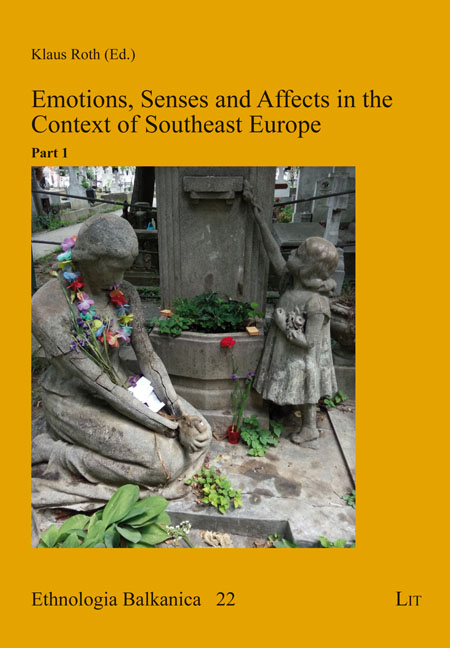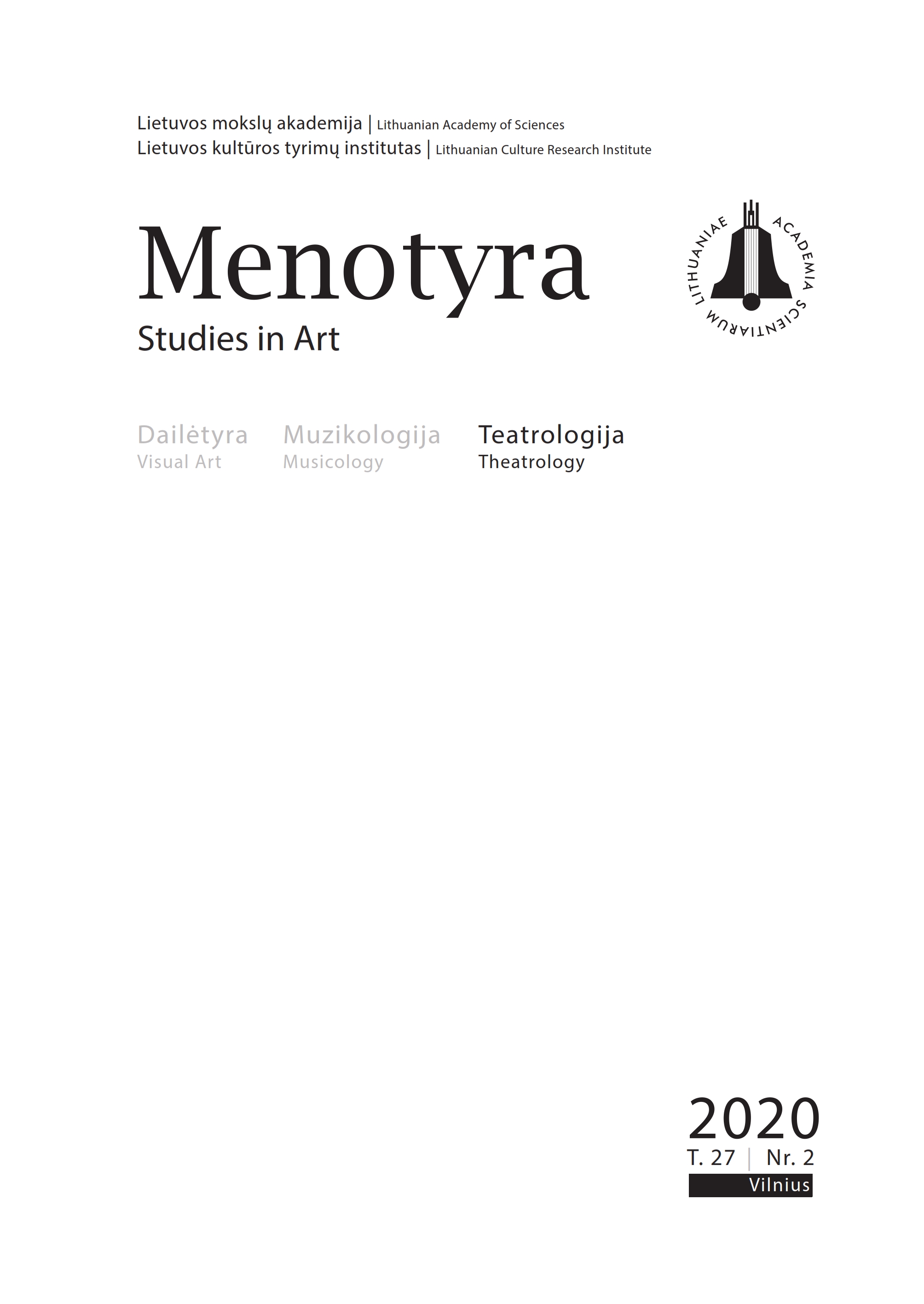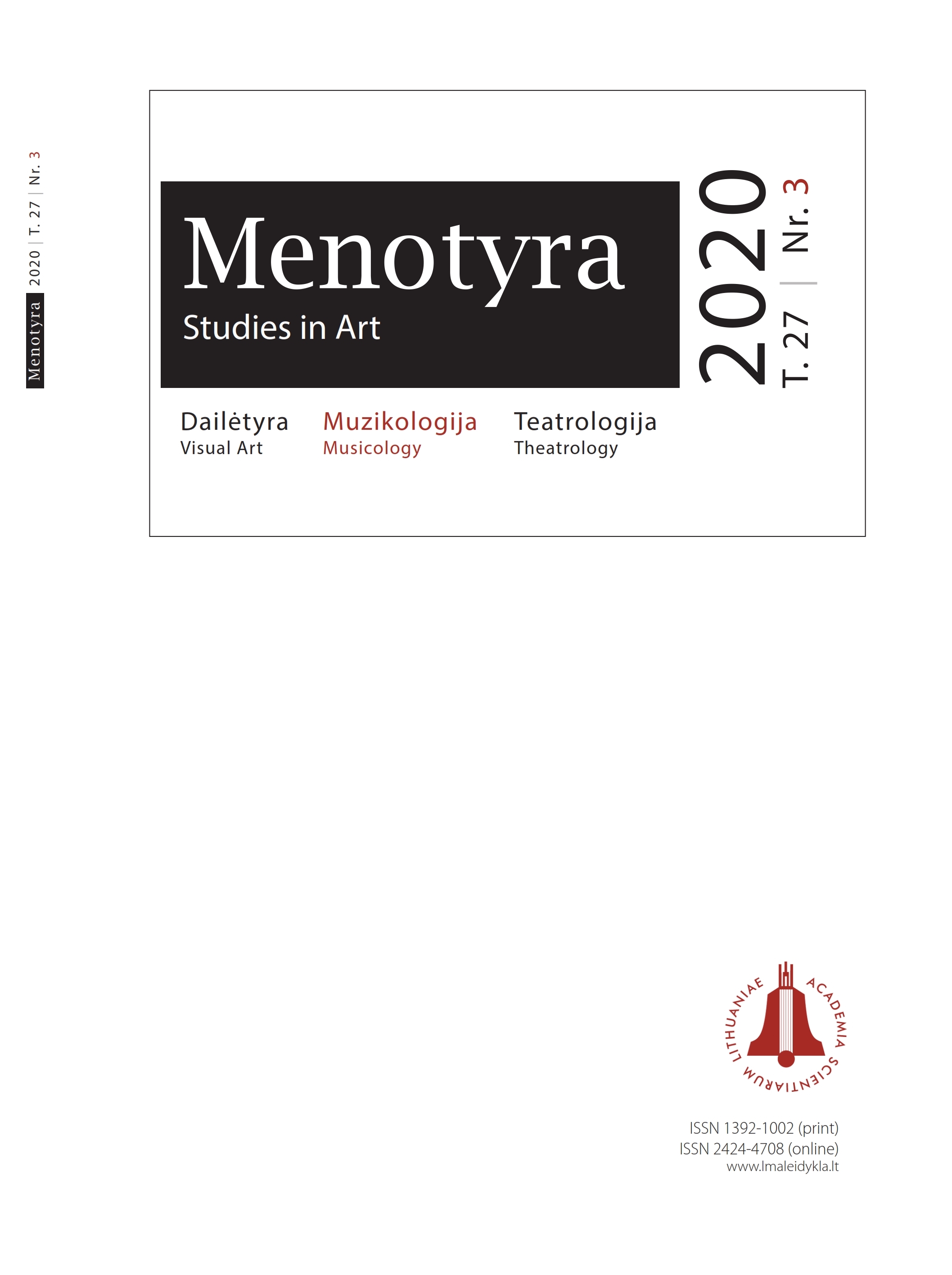Author(s): Lina Navickaitė-Martinelli / Language(s): Lithuanian
Issue: 3/2020
Among the discourses on the art of music performance, both in the verbal communication of the performers and the analyses and critical evaluations of their art, a recurrent concept is that of the “authentic performance.” Functioning in musical contexts in several interrelated senses, this concept and the ideology behind it can undoubtedly be considered an influential current which, by the end of the twentieth century, had a significant impact on the whole industry of classical music in its broadest sense. Hence, it deserves to be introduced as a distinctive type of a performance-related issue and analysed as such.Since the final decades of the twentieth century, the most common use of this concept has referred to the type of performance that synonymously is termed “historically informed” or “historically aware.” An important aspect of such a performance, besides the study of treatises and manuscripts from the period, is the employment of “period”, “original”, or, indeed, “authentic” instruments and playing techniques from the times when the interpreted music was first performed. Thorough studies have been devoted to the issue where, along with the arguments in favour of and motives for an authentic performance, a great deal of criticism has been levelled against the idea. What, then, lies behind the concept of being “authentic”?The present article draws on the existing discussion of the meaning(s) and (im)possibility of an authentic performance, placing particular interest in the semiotic approach to the issue of authenticity in music and, in particular, in musical performance. Two main sources are relied on here: Eero Tarasti’s Existential Semiotics (2000) and Dario Martinelli’s Authenticity, Performance and Other Double-Edged Words (2010), which are at the same time part of a continuum (Martinelli’s reflections are inspired by Tarasti, and both refer to Greimas and Eco) as well as displays of different conclusions (starting from the fact that Tarasti, generally speaking, defends the concept, while Martinelli shows signs of scepticism towards a certain (ab)use of the idea). Adding her reflections on the matter, the author offers a new perspective on how to analyse the idea of authenticity in art music performance.
More...



